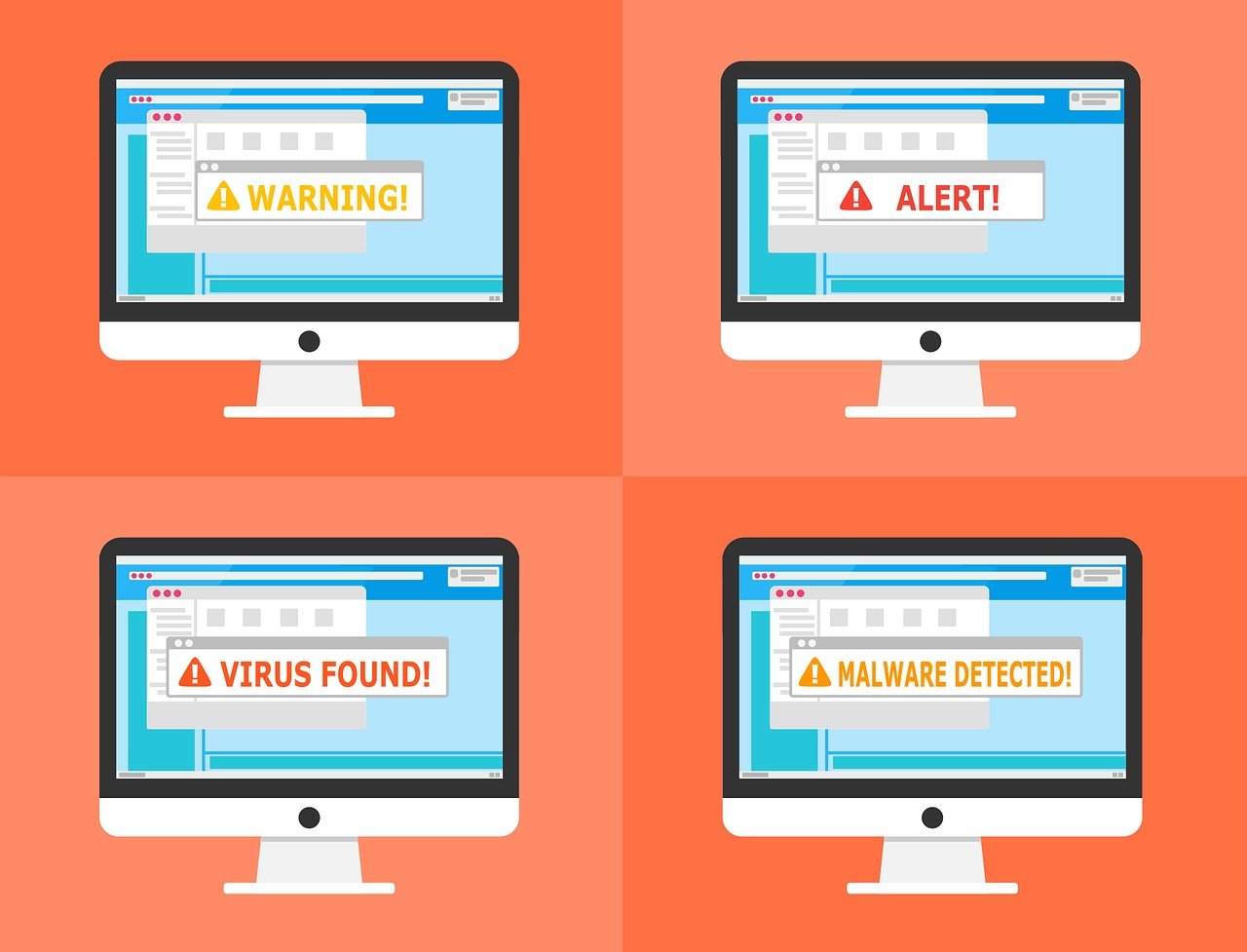Learn why small businesses are prime targets for cyber attacks in this post.
Cyber attacks are no longer just a problem for huge businesses. Even smaller establishments have become proper targets for hackers. While small business owners may think they are too insignificant to attract attention, hackers often prefer easier marks.
Unfortunately, these attacks have caused a lot of small enterprises to shut down since breaches often cause financial loss and reputational damage. With ransomware, malware, and phishing attacks on the rise, read more to discover why small businesses face more attacks than ever.
Table of Contents
Common Cyber Threats Small Businesses Face
Small businesses face as many cyber threats as large corporations. Since they typically have limited security resources and less awareness when it comes to these attacks, they are sometimes easy prey to these common cyber threats.
Ransomware Attacks
Ransomware attacks are among the most dangerous threats small businesses often face. During these attacks, hackers encrypt important files and demand a ransom before they can release them.
Since most small businesses do not have strong backup systems and advanced defenses, they are most often forced to pay or risk losing critical data. These attacks:
- Disrupt operations
- Cause financial loss
- Lead to permanent data loss
- Expose sensitive information
Malware and Spyware
Hackers use spyware and other malicious software (malware) to steal data from small businesses, track activity, and disrupt operations. These programs can go into an enterprise’s network through email attachments, malicious ads, or infected downloads.
They then collect sensitive information like client data, passwords, and financial details. Unfortunately, most small businesses do not have advanced monitoring tools, leading to costly breaches. This is one reason why it is important to invest in cybersecurity.
Phishing
Cybercriminals use phishing attacks to infiltrate small businesses. These involve tricking employees into transferring money, revealing login credentials, or downloading malware. Cybercriminals do this by disguising themselves as trusted contacts or organizations.
This way, they lure victims into sharing all of this information or clicking on malicious links. With limited cybersecurity training, small business staff are more vulnerable. Phishing is one significant cause of data breaches.
Credential Stuffing
In credential stuffing, hackers use information from past data breaches to access business accounts. Many employees reuse passwords across platforms. Due to this, attackers often force their way into systems and steal data.
Small businesses are mostly at risk as a result of weaker authentication practices. This makes credential stuffing a cost-effective but highly demanding strategy for hackers.
6 Reasons Why Small Businesses Are Targeted in Cyber Attacks
As a small business owner, you may think that you’re not the target market for hackers. Unfortunately, this is the kind of mindset these malicious players mostly look to exploit. Since you may lack the robust security systems large enterprises have, here are reasons why.
1. Poor Data Protection Practices
Cybercriminals mostly target small businesses due to their poor data protection practices. Many enterprises do not have secure backups, encryption, or strict access controls. As s result, they leave sensitive information exposed.
Weak policies around password management and outdated software increase the risks. Hackers can take advantage of these gaps to steal data, knowing fully that these small businesses struggle in this area.
2. Supply Chain Weaknesses
Many small businesses collaborate with large organizations and work as links in supply chains. Hackers may take advantage of the limited security measures in small enterprises to get into connected vendors or partners.
Small businesses become vulnerable links since they have fewer resources to monitor these risks. Malicious players may exploit these vulnerabilities to gain broader access and cause more significant disruptions.
3. Lack of Awareness
Most small business owners are not updated on the latest threats to small business cybersecurity. Owners and employees sometimes underestimate these risks. This leaves them unprepared for attacks, such as ransomware, phishing, and malware.
With no awareness of emerging threats, your business can easily fall victim to these cyber attacks. Since hackers are aware of all of these, they’d rather target smaller businesses than larger organizations.
4. Untrained Staff
Employees who lack proper training may unknowingly reuse weak passwords, click on malicious links, or mishandle sensitive data.
Hackers know and exploit this vulnerability, knowing that human error is most often the weakest defense. If there are no proper awareness programs, staff may become entry points in small businesses for hackers.
5. Limited Resources for Threat Detection
Limited threat detection resources make small businesses easy targets for cybercriminals. Without dedicated IT teams or advanced monitoring tools, attacks may go unnoticed until there is significant damage.
That is why you must get advanced cybersecurity protection from companies like Blue Shift Cyber to secure your business.
6. Possible Third-Party Access
Third-party access from vendors, service providers, and contractors most often connects to internal systems. As a result, they create potential entry points for hackers. Cybercriminals take advantage of these weak links to bypass stronger defenses.
Without proper access controls and monitoring, your small business might provide attackers with pathways to important networks and data.
Endnote
Cyber criminals often target small businesses with malware, phishing, stuffing, and ransomware attacks.
This is mostly due to poor data protection, untrained staff, lack of awareness, limited resources, third-party access, and supply chain weaknesses.
INTERESTING POSTS
About the Author:
Daniel Segun is the Founder and CEO of SecureBlitz Cybersecurity Media, with a background in Computer Science and Digital Marketing. When not writing, he's probably busy designing graphics or developing websites.










